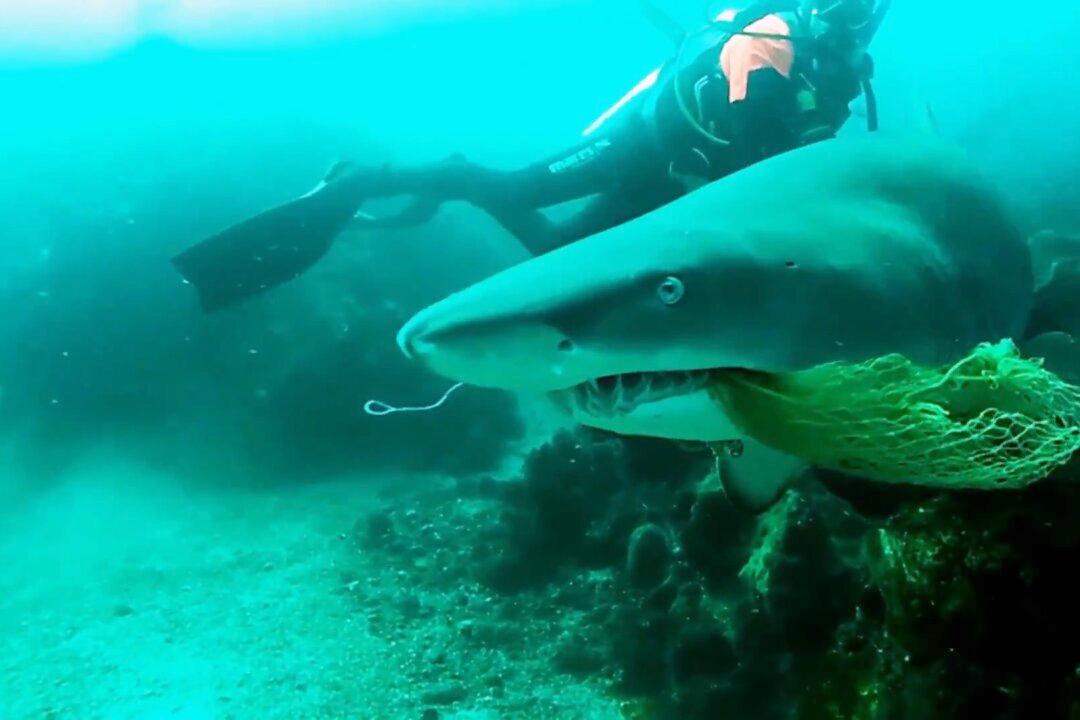LONDON, U.K.—This jewellery is solid and strong – strong enough to carry an enduring story. At the same time it’s paradoxical: objects once linked only with devastation and destruction are now shaped into something desirable for a young fashionista in the Western world.
In Cambodia, brass bullet casings and bomb shells are still found on the ground and collected in fishing nets in the sea. An estimated 2 million people died in Cambodia at the hands of the Khmer Rouge between 1975 and 1978. Suffering continued in the years to come; decades on, Cambodia is still recovering.
Chantha Thoeun’s father was killed by a Khmer Rouge soldier when he was 8 years old. His mother had died when he was 4, so the death of his father made him an orphan. He was brought up by his grandparents, and, with the help of an NGO, he started learning how to make jewellery when he was 14 years old.
It was the start of his journey as an artisan. With the remnants of bullets and bombs readily available, Chantha, now 36, trains other artisans to create upcycled jewellery from these relics of war. His wife is also an artisan, and through their work they provide for their two young children.
His small team started working with Taeko Ohyama in 2013. Taeko, co-founder of InHeels, is a city woman who makes conscious decisions.
From Bullets to Bling
The company that upcycles spent bullets into jewellery with a legacy

Reclaiming beauty from discarded bullet cases and bomb shells: jewellery designer Lucy Georgeson and ethical fashion brand founder Taeko Ohyama Si Gross/Epoch Times

Jane Werrell
NTD News International Correspondent and Anchor
|Updated:
What you wear is an identity as well; what you wear is who you are, and what you represent – your values
, Jewellery designer



